What is slow travel for us?
What
is slow travel?
The
idea of slow travel at least partially stemmed from the Slow Food movement which aims to “prevent the disappearance of
local food cultures and traditions, counteract the rise of fast life and combat
people’s dwindling interest in the food they eat”
Definitions and interpretations abound, some
highlighting the literal meaning of the word in the sense of travelling by
train or on foot instead of by plane, others looking more at what slow travel means on a day-to-day basis.
So this first post in our blog defines what slow travel means for us.
For us, slow travel is an approach to travelling which differs in the use of time on holiday. I intentionally use the word holiday because the vast majority of people are unlikely to be able to reinvent their lives to spend a few months house-sitting in Granada, couch-surfing in Thailand or back-packing around Patagonia whilst financing the whole trip by blogging about their adventures, however enticing it may sound.
Slow travel for us involves a lot of walking, walking the narrow streets of Ostuni or the coast of the south of Sardinia or from Genova Nervi to Boccadasse, exploring Malaga, or heading so far along the beach in Pozzallo that I wonder why I’m so tired and hungry until getting back and checking on Google maps I realise it was 20 kilometres.
For us, slow travel is an approach to travelling which differs in the use of time on holiday. I intentionally use the word holiday because the vast majority of people are unlikely to be able to reinvent their lives to spend a few months house-sitting in Granada, couch-surfing in Thailand or back-packing around Patagonia whilst financing the whole trip by blogging about their adventures, however enticing it may sound.
Slow travel for us involves a lot of walking, walking the narrow streets of Ostuni or the coast of the south of Sardinia or from Genova Nervi to Boccadasse, exploring Malaga, or heading so far along the beach in Pozzallo that I wonder why I’m so tired and hungry until getting back and checking on Google maps I realise it was 20 kilometres.
Walking for us is
the ultimate means of slow travel - the only pace which allows the views to
merge slowly enough to remember them, gives you time to stop and look at the
flowers yet without the physical effort and sense of obligation to reach a
destination of back-packing.
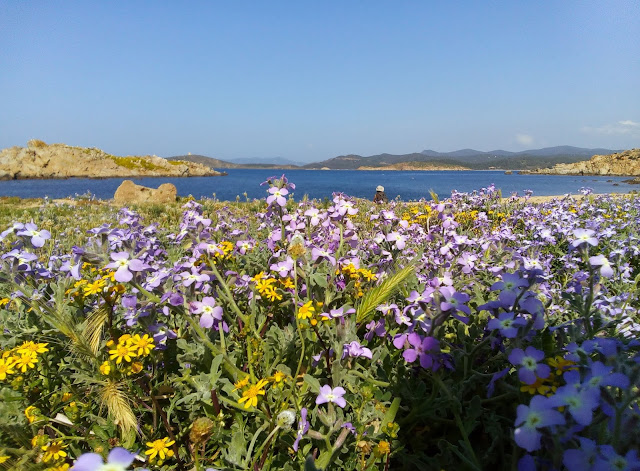 |
| Isola dei gabbiani, Sardegna |
For a slow holiday I attempt to explore a small
area in some depth instead of trying to get just a glimpse of a much larger
zone. Obviously no-one passing through can discover a place thoroughly, as to
do so would require living and working there for more than a few months, but if
I spend a week in Seville out of season and wander its streets and go to the
local market for shopping, browsing the local products and looking at prices
and then cooking the food I’ve bought, use the local transport system to get
around or quite simply walk, stopping to chat to the local people when the
opportunity arises, go for tapas outside the most touristy areas where I can
hear people only speaking Spanish and yes look for the interesting things to
see but not just the top 5 on tripadvisor, visiting places in a leisurely way,
I can come away with some idea of the city and the life there.
While check-lists are undoubtedly useful slow travel refutes the idea of travel as a chore, a list of things
which must be done and seen because you’re “supposed to”. What I do will depend
on my tastes and preferences and so I may well not queue to visit a museum
unless it’s raining and entry is free.
For us slow travel isn’t an expensive and snob
alternative to more traditional holidays. Your budget doesn’t need to be
enormous if you travel by Ryanair, book an apartment on Airbnb, eliminate the
use of a hire car by travelling by public transport and buy and cook local
food.
However slow travel is also slow to organize,
it takes time, sometimes a lot of time, to research potential destinations,
weigh up the pros and cons of apartments, work out public transport. On average
each day on holiday can typically require at least an evening of research on
the Internet.
This blog will be sharing some of our
experiences slow travelling in Italy and Spain.
 |
| Wandering around Ostuni |

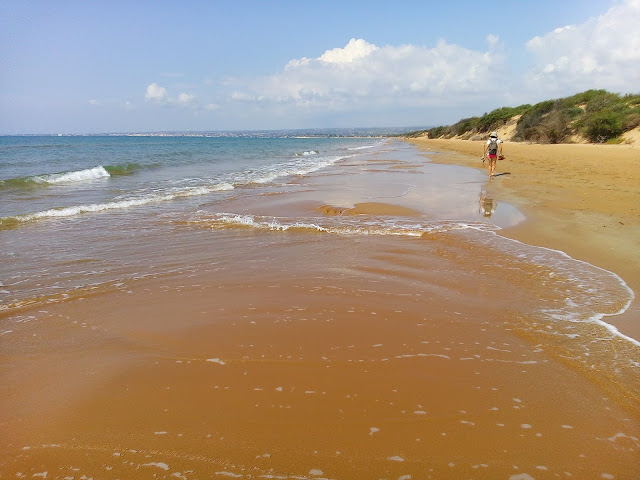

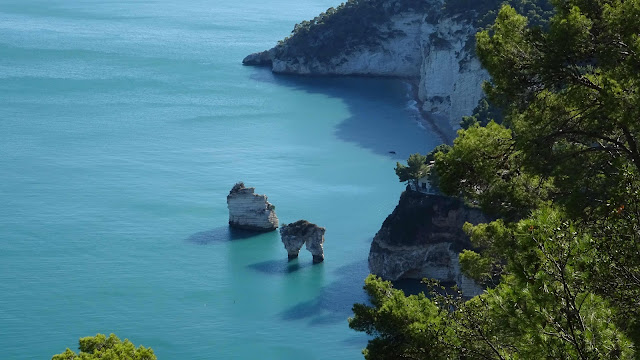
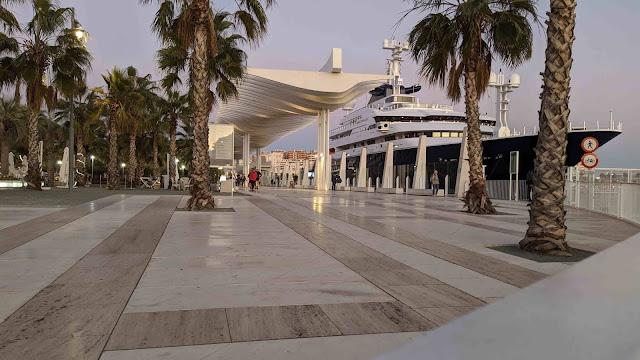



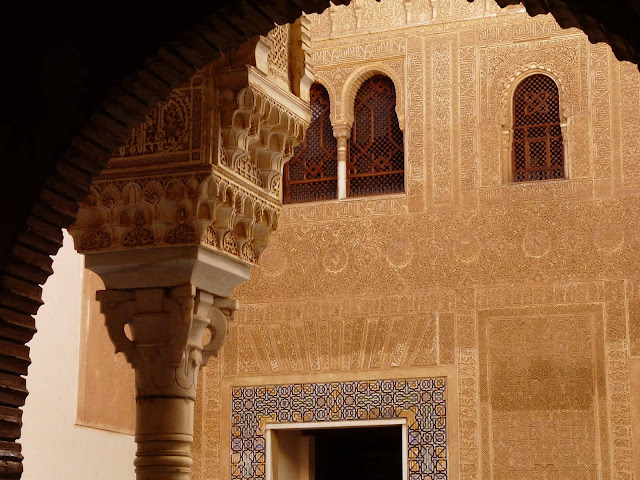
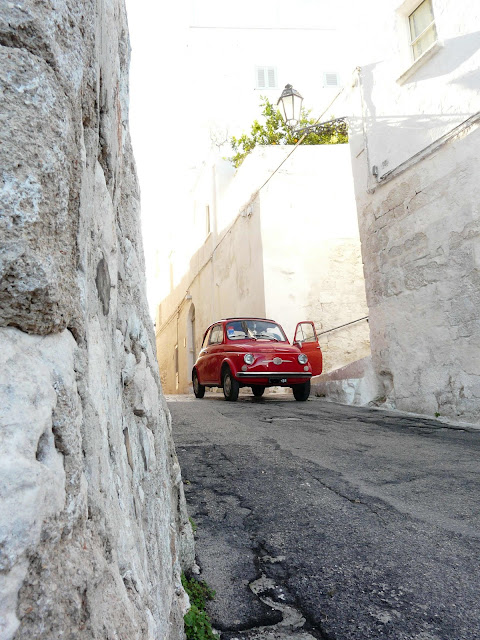
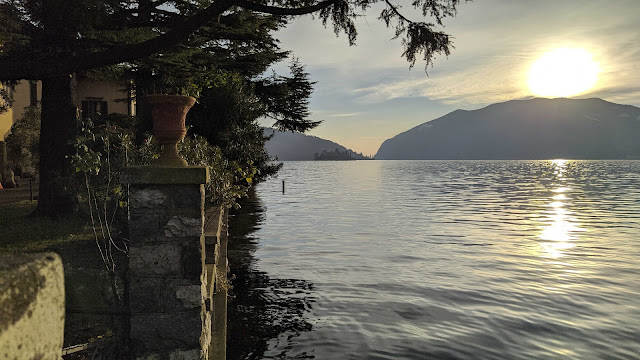

Comments
Post a Comment